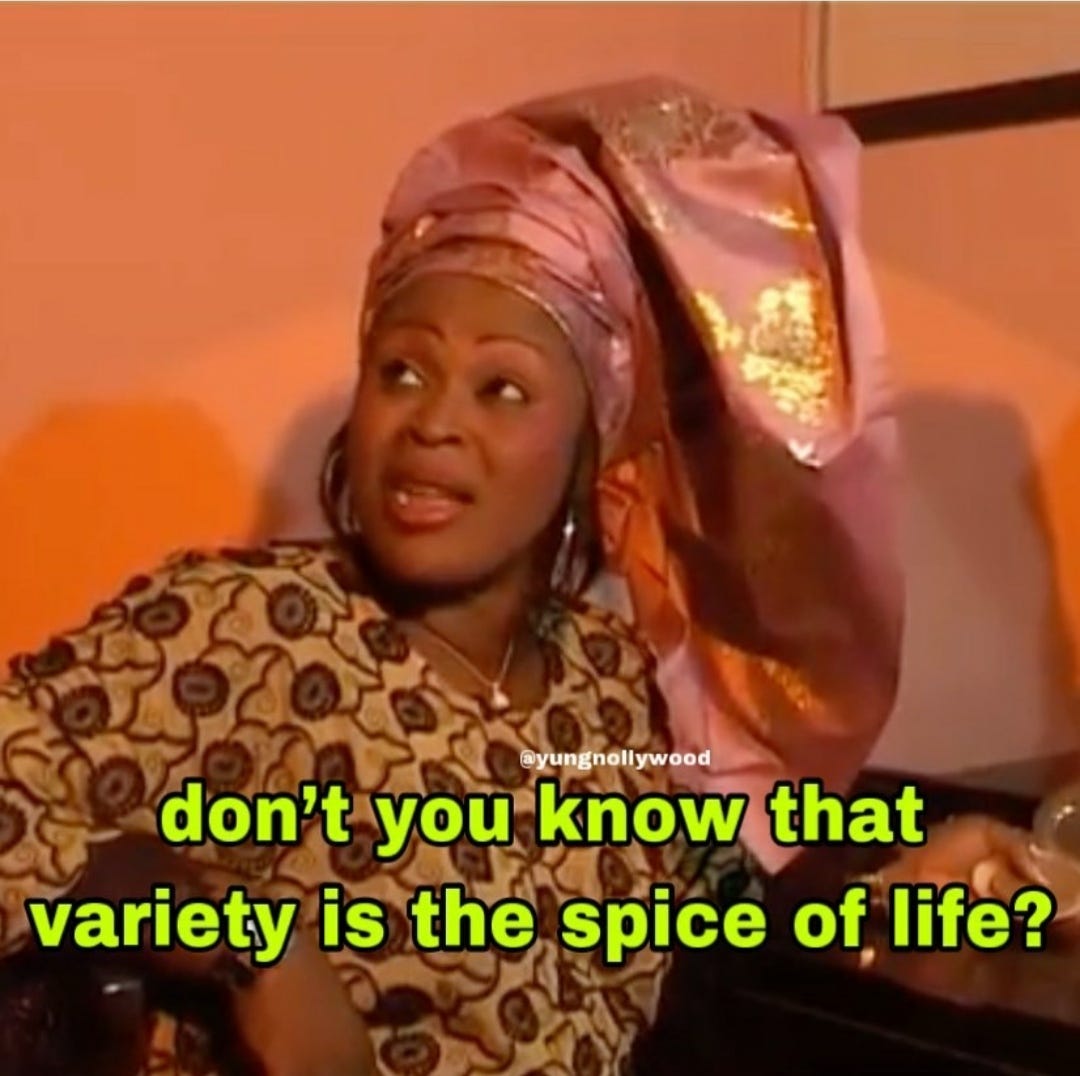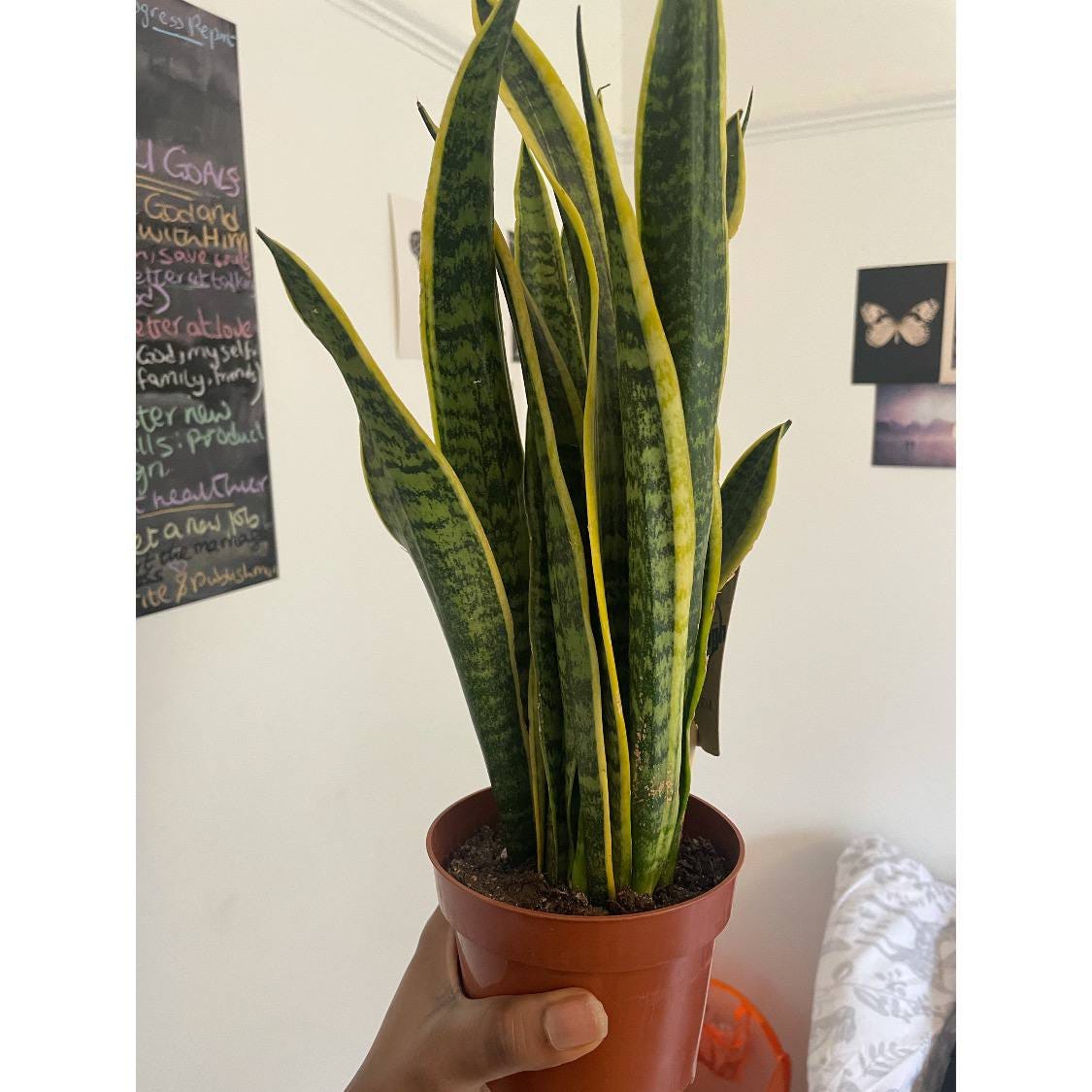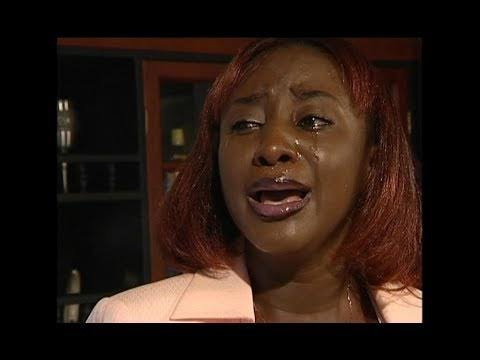Today’s letter is a bit of a deviation from the less-than standard structure of this newsletter, and over the course of the next few weeks, I’m going to try this out a bit more. I’d like to share some tips on how I stay (or try to stay) organized. If this is your first time here, I try to start these letters with a short review. Sometimes it’s literature, other times, it’s movies, places, things, people, experiences.
For context, I’m currently juggling work with school. I also take on small projects (CV-worthy type things) and freelance work (because money is important). I also try to write for publications and literary magazines to build my portfolio as much as I can. It can feel like a lot, even though one of the little ‘angels’ on my shoulder says it’s nothing compared to Shonda Rhimes or Beyoncé. When it does feel like a lot, it becomes frustrating. It’s even worse if, at the end of the day, I can’t measure what I’ve accomplished. Confession: I’m a productivity junkie.
The point of this newsletter is really to share practical tips on how having control of everything I do (aka being organised) and being productive go hand-in-hand.
Step One: The Holy Database.
Here’s where I attempt the bird's-eye view of my life. It’s a database of everything: goals, projects, school, work. I check-in on the database every week and update what’s been done and what’s not been done. It helps me remember what I need to pray about or what skills I need to work on. Here’s what the “writing” table looks like.

You could use a journal, a board, sticky notes, etc.
Step 2: Lists
At the start of the week, I write down every single thing I need to achieve (as opposed to everything I want to achieve). I set some small goals that feed into my big goals for the year (ex: get newsletter subscriber list to 5k: spend two hours reading Dan Oshinsky articles + implement). Each day has two or three tasks that must be done (mostly needs and a ‘could be nice to do’ task). These are created based on the week’s to-do list. I don’t separate work from school or from projects. Everything’s in one list, although I do have separate notepads for them. This might seem like I don’t have a work-life balance. But I do.
Here’s a new approach to lists that I’m experimenting with. It’s about creating a schedule instead and allotting time slots for each task. I came across it when I was thinking about how to manage my anxiety around time. So far, it’s helping out.
Step 3: Keep The Fallow Day Holy
Weekends are my fallow days. Movies, walks, social media, movies, and a bit of reading. I try not to do school work or office work during the weekends. That’s why I don’t procrastinate on big tasks. I do my reading tasks on the same day that I’m given. It’s a trick I learned from law school: after classes which ended around four, I did three kinds of readings: went over the topic for the day, started my reading on next week’s topic, then did an in-depth reading on the course for the next day. It was a solid plan because the workload at law school was crazy. This might not necessarily apply to you. If you have a crazy workload like me, don’t wait around till the last minute. Use every opportunity you have to get something done, so you don’t compromise on your fallow day(s). Even if it’s your weekly dose of bad TV.
Step 4: Killing Two Birds With One Stone.
Walks are for music and or podcasts.
Cooking is for short documentaries that I can listen to without necessarily focusing on and podcasts.
If I have two minutes to wait for my lunch to warm, I use it to do something simple, like watering my plants.
Other tips:
I now try to finish one task before starting the next. Believe me, it is the most difficult thing in the world. Sometimes, I’m lucky and get in the zone, ignoring all distractions. But sometimes, ugh, I allow distractions to take me away, and then I forget what I was working on. Attributing this to a short attention span.
Use your calendars. Put every single thing in them.
Once I remember a task that needs to be done, I do it. Or, I set down a reminder to do it. Don’t let reminders sit in your head. I remember as a child, when adults forgot things, I’d smirk and say “that would never be me.” It was fascinating how dull their memories were. My parents would have their glasses in their hands, but still, be in search of it. The joke is on me. As I get older, I’m becoming more forgetful and realising there’s no shame in that. That’s why all these tools exist.
Don’t clutter. Don’t beat yourself up on days when you can’t achieve much. This is a note to self. Use your journal to think through how your week went: what went right/wrong. Consider this a report to self. Take out time to rest.
Things I enjoyed this week:
Why I’m Tired Of Being Called A Strong Woman (I wrote this March 12, 2020)
Currently watching The Bold Type on Netflix and I love it. (Shout out to Precious for the recommendation.)
What tips would you like me to write about? Tell me here. See you next week with books by women that have shaped my life.
Don’t forget to like, comment, share! (Realising the power of a simple call to action — as opposed to none: I’ve recorded an increase in likes/shares since I started including this CTA.) Have a good weekend.













Share this post